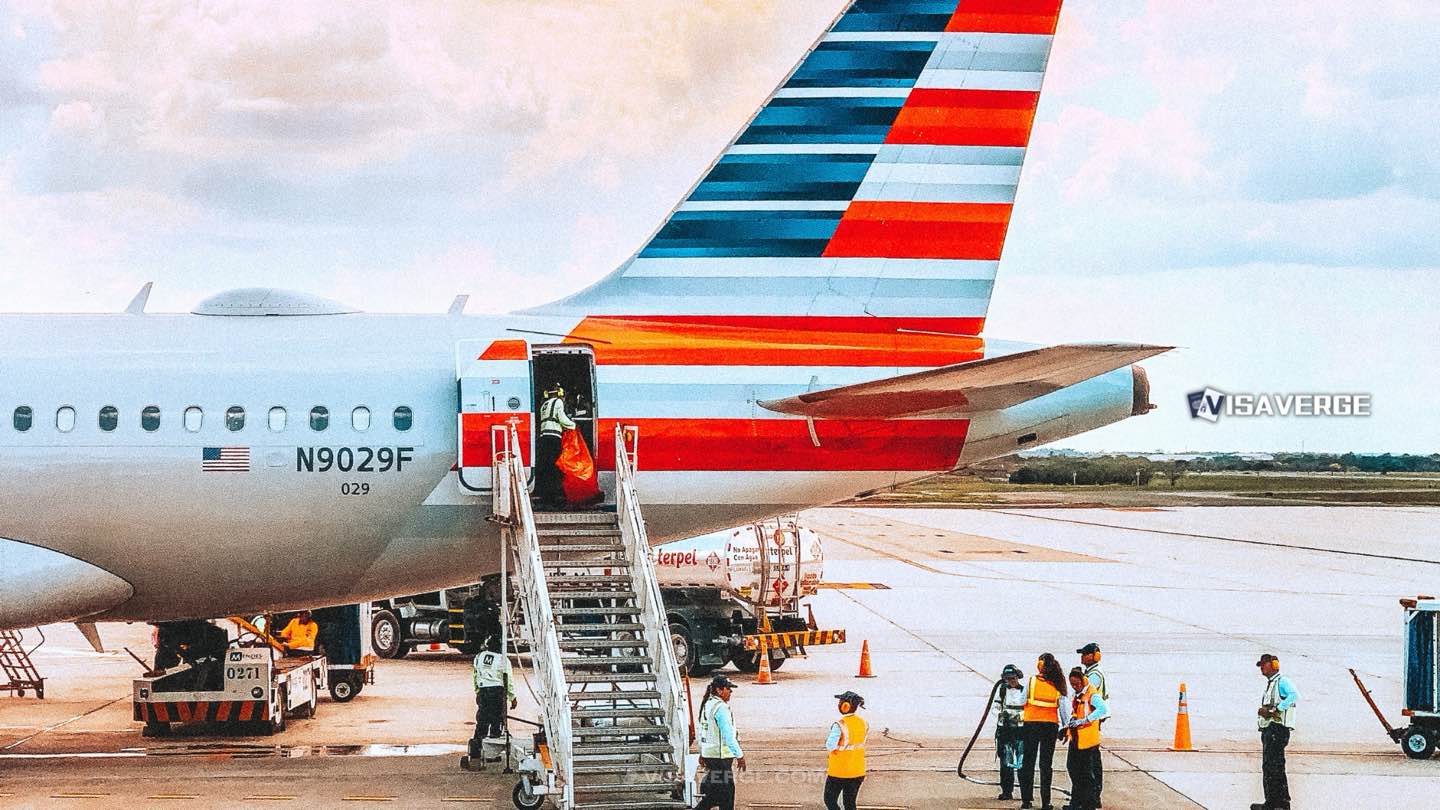Seventeen passengers have now joined a lawsuit against American Airlines after a March 2025 engine fire involving a Boeing 737 at Denver International Airport. The legal action, filed in April and expanding as more passengers come forward, centers on claims of negligence in maintenance and emergency response. The National Transportation Safety Board (NTSB) continues to investigate, with preliminary findings pointing to maintenance errors as a key cause.
The incident began when a Boeing 737, flying from Colorado Springs to Dallas, was diverted to Denver International Airport. After landing and taxiing to the gate, the aircraft experienced an engine fire. Passengers described panic, smoke, and a chaotic evacuation. Many plaintiffs report ongoing physical and psychological effects.

Attorneys Joe LoRusso and Jessica McBryant of Ramos Law represent the plaintiffs. They argue that American Airlines failed in several areas, including maintenance, emergency response, and evacuation procedures. “This points to a systemic problem, whether through maintenance, policy, or procedures,” the legal team stated. As more passengers report harm, the number of plaintiffs has grown to 17.
The NTSB’s preliminary report, released in June 2025, found a broken fan blade and improperly installed engine components. Investigators discovered maintenance mistakes, such as reversed safety wires and incorrectly installed parts, which led to fuel spraying and the fire. The NTSB has not yet released its final report or regulatory recommendations.
On July 27, 2025, another American Airlines flight at Denver International Airport suffered a mechanical failure—a tire blowout and fire—prompting an emergency evacuation. While not directly related to the March case, this event has increased concerns about American Airlines’ maintenance and safety practices. The July 27 incident involved 173 passengers and six crew members, with one person hospitalized for minor injuries. The Federal Aviation Administration (FAA) and Denver Fire Department responded, and the aircraft was removed from service for inspection.
American Airlines stated, “The safety of our customers and team members is our top priority and we are cooperating with the National Transportation Safety Board in its investigation.” Passengers and advocacy groups are now calling for stricter oversight of airline maintenance and emergency procedures. The lawsuits and investigations may set new standards for airline liability and passenger safety.
Passengers wishing to join the lawsuit should contact Ramos Law. The process includes providing documentation, medical records if needed, and participating in legal interviews. Aviation safety experts warn that repeated maintenance failures may signal deeper problems within airline operations. Legal analysts believe the growing number of plaintiffs and the NTSB’s findings strengthen the case against American Airlines and could lead to major settlements or regulatory changes.
The NTSB’s final report, expected later in 2025, may include recommendations for industry-wide changes. The outcome of this lawsuit could affect future airline liability and passenger rights. For updates, visit the official NTSB website. As reported by VisaVerge.com, the situation remains under close watch by federal authorities, legal experts, and the traveling public. No final policy changes have been announced, but ongoing investigations may prompt new safety measures.
Learn Today
NTSB → National Transportation Safety Board conducting investigations into transportation accidents and safety failures.
Fan blade → A key component in a jet engine responsible for airflow, whose failure can cause fires.
Maintenance errors → Mistakes during aircraft servicing such as incorrect part installation leading to safety risks.
Emergency evacuation → Rapid and orderly exit of passengers from aircraft during emergencies to prevent injuries.
FAA → Federal Aviation Administration regulating and overseeing civil aviation safety and compliance.
This Article in a Nutshell
Seventeen passengers sued American Airlines for a March 2025 engine fire caused by maintenance errors. The NTSB investigates a failed fan blade. A July mechanical failure raised safety concerns, prompting calls for stricter oversight. Lawsuits may change airline liability and safety standards nationwide, emphasizing passenger protection and accountability.
— By VisaVerge.com












